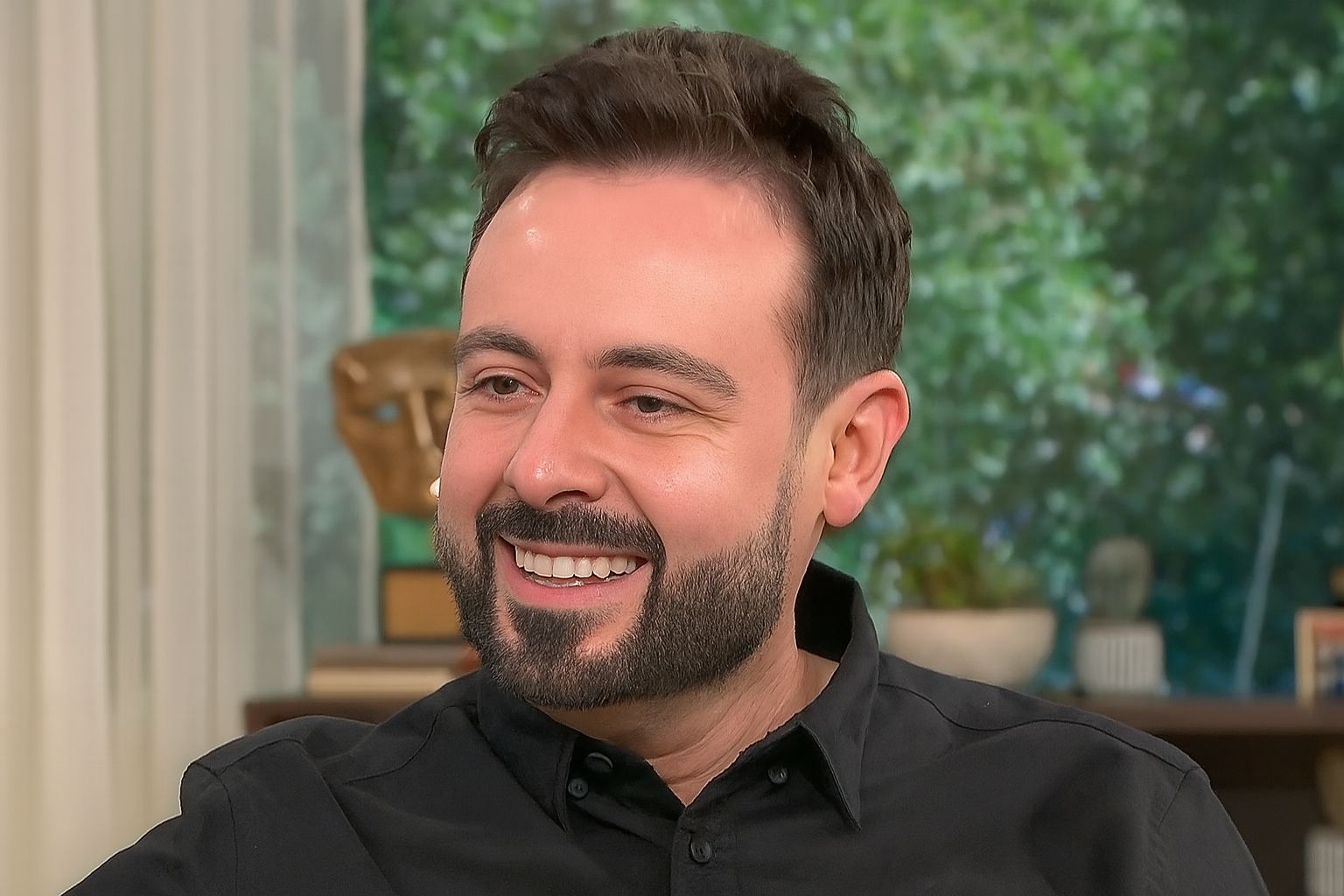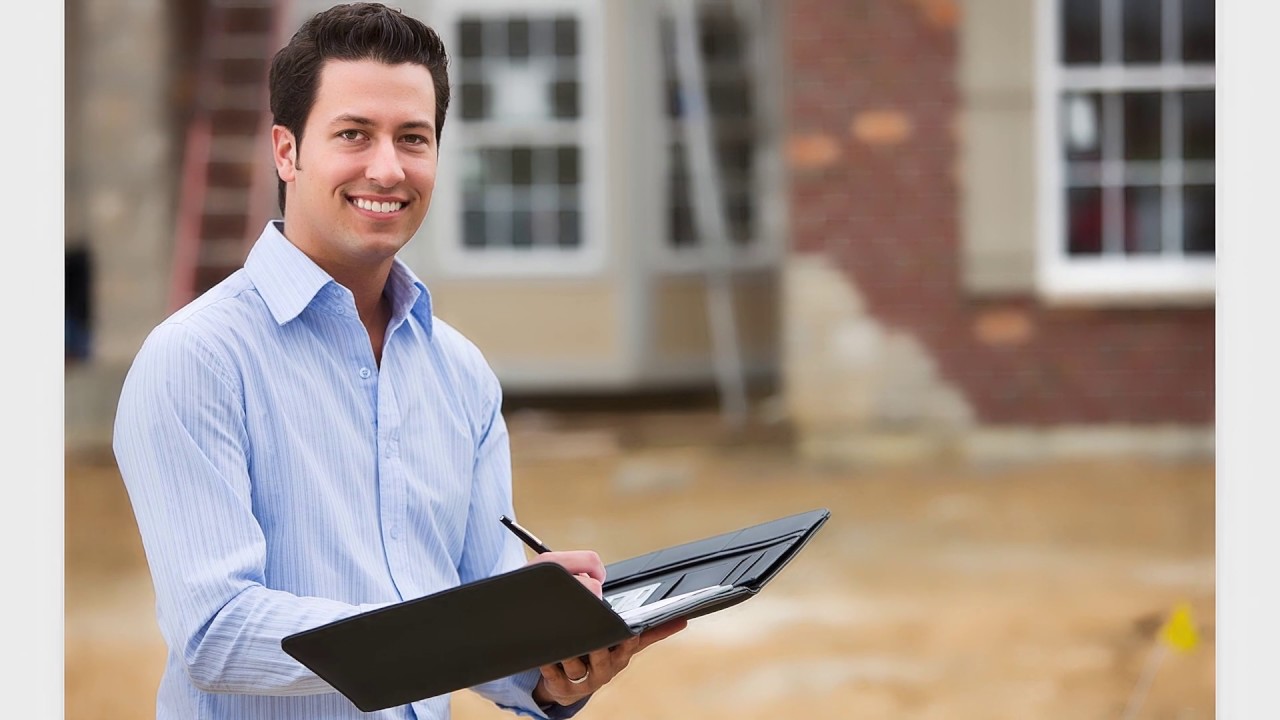
In the dynamic world of real estate, risk is inevitable—whether you’re selling or buying a home. One of the most crucial tools for mitigating that risk is a professional home assessment. We spoke with six seasoned male real estate agents to get their perspectives on how assessments help their clients make smarter, safer decisions.
1. John Ramirez – San Diego, CA

“Risk management starts with information,” says John Ramirez, a 12-year veteran in the California real estate market. “Too often, sellers assume their home is worth a certain amount based on neighborhood buzz or Zillow estimates. But until you get a formal assessment—whether it’s an appraisal or a pre-listing inspection—you’re operating on guesswork.”
Ramirez advises sellers to invest in a pre-listing inspection to identify and address issues early. “You don’t want a buyer’s inspector to find problems you weren’t prepared for. Getting ahead of it not only reduces the risk of deals falling through but can also add negotiating power.”
2. Derek Lee – Charlotte, NC

Derek Lee, who specializes in both residential and investment properties, emphasizes that buyers also carry risk—particularly when emotions override logic.
“Buyers fall in love with a house and stop thinking rationally,” Lee says. “That’s why I push for a detailed assessment. It’s not just about whether the home is livable now, but whether it’s a sound long-term investment.”
Lee advises clients to combine their inspection report with market analysis, property tax projections, and even insurance quotes. “An assessment gives you the facts so you can avoid financial pitfalls later.”
3. Marcus Thompson – Chicago, IL

In Chicago, Marcus Thompson sees plenty of buyers and sellers trying to cut corners to save money. “But skipping assessments or inspections to save a few hundred bucks can cost you tens of thousands down the line,” he warns.
“For sellers, a certified appraisal and pre-inspection help you price competitively and ethically,” Thompson says. “For buyers, it’s about uncovering hidden issues—foundation cracks, plumbing nightmares, roof damage. A good assessment is your safety net.”
Thompson even recommends environmental assessments in older homes. “In places like Chicago, lead pipes or asbestos can still be found. That’s a risk you do not want to inherit.”
4. Kevin Brooks – Denver, CO

For Kevin Brooks, who often deals with high-altitude properties and mountain homes, assessments are about understanding the property’s health and potential.
“In a city like Denver, terrain, weather, and altitude play huge roles in home condition,” Brooks says. “Drainage, roofing systems, and even HVAC performance are affected by the environment. Assessments shine a light on what repairs might be necessary not just today, but in five years.”
He encourages buyers to look at assessments as part of a longer-term financial strategy. “Risk isn’t just what’s visible—it’s what’s ahead. The more you know now, the less you’ll pay later.”
5. Stephen Martin – Tampa, FL

Florida brings its own set of challenges, particularly with flood zones and hurricanes. Stephen Martin, based in Tampa, says ignoring a home assessment is like “buying blindfolded.”
“In Florida, assessments often uncover code violations, outdated electrical systems, or poor construction,” Ellis says. “And if the house is in a flood zone, insurance rates could triple what you expected. That’s critical risk information.”
For sellers, Ellis advises getting a wind mitigation report in addition to a home inspection. “It may qualify your home for insurance discounts and make it more appealing to buyers.”
6. Tom Gallagher – Boston, MA

Tom Gallagher has been in real estate for over 20 years and believes risk management is all about transparency. “Whether you’re buying or selling, hiding or ignoring problems always backfires.”
Gallagher shares a recent case where a seller skipped the assessment and listed at an inflated price. “The home sat for months. When buyers finally came, inspections revealed water damage and mold. The price dropped by $40,000 and the trust was gone.”
His advice? “Assess early and disclose everything. You’ll gain credibility, avoid renegotiations, and close faster. It’s worth it.”
The Bottom Line
All six agents agree: whether you’re buying or selling, the more you know about a home, the better decisions you’ll make. A home assessment offers clarity, supports fair pricing, and protects against unexpected expenses.
Here are some universal takeaways from their insights:
-
For Sellers:
-
Get a pre-listing inspection and appraisal.
-
Fix issues ahead of time to avoid deal-killing surprises.
-
Transparency builds buyer trust and speeds up transactions.
-
-
For Buyers:
-
Never skip a home inspection—even on new construction.
-
Use assessments to understand both current condition and future maintenance needs.
-
Factor environmental risks, insurance costs, and local building codes into your risk analysis.
-
In a market where decisions are often driven by emotion, home assessments offer something rare and essential: peace of mind. Whether it’s your first property or your tenth, taking the time to assess risk through professional evaluations is a wise move that can save you money, stress, and heartache.
